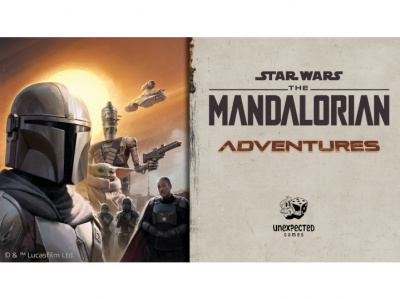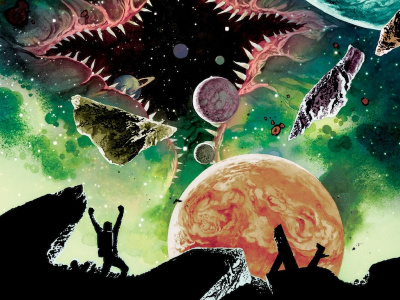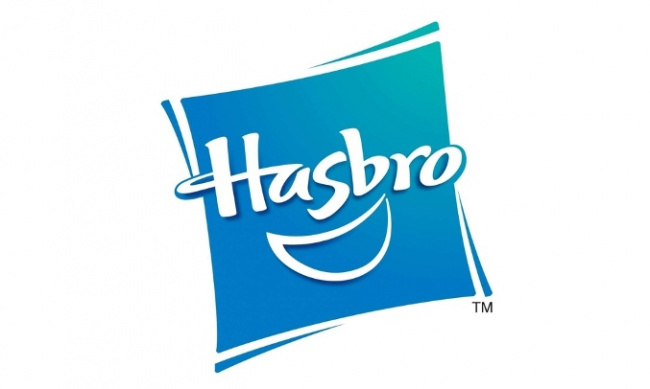
Monday's New York Times contained an article by George Gustines in the 'Arts Section' discussing Marvel's seven-issue monthly Civil War mini-series written by Mark Millar, which starts in May; and the bi-weekly Civil War: Front Line series written by Paul Jenkins, which debuts in June. The Times article emphasized the political relevance of the two Marvel series concerning a government initiative that forces all superheroes to register and includes a Guantanamo Bay-like prison, numerous references to weapons of mass destruction, embedded reporters, and an attack on civil liberties.
The government's initiative divides the Marvel superheroes into two opposing camps, those who register and work for the government and those who refuse to register. As the Times puts it, 'The question at the heart of the series is a fundamental one: 'Would you give up your civil liberties to feel safer in the world?''
Not only are the issues presented in Millar's Civil War difficult to wrestle with, Paul Jenkins will provide readers with two very different views of the events of Civil War. The Civil War: Frontline series features two very different embedded reporters, one of whom writes for a left-leaning newspaper, while the other is on the staff of the Daily Bugle, which is edited by J. Jonah Jameson, who Jenkins told the Times he sees as a Rupert Murdoch clone with a right wing agenda. The effect could be like watching something on Fox News and then hearing an account of the same story on Air America.
How daring Marvel will be in portraying the very real hazards, both external and internal, that this country faces, remains to be seen, but the nation's number one comic book publisher is definitely shaking things up in a major way. Mark Millar assured the Times' reporter that Civil War, '...will work on two levels...at the core it's one half of the Marvel heroes vs. the other half. The political allegory is only for those that are politically aware. Kids are going to read it and just see a big superhero fight.' The question is, politics aside, whether fans, after enduring a historically high number of crossovers and 'universe-shattering' events in the world of comics since last spring, will respond to yet another major comic book crisis?







